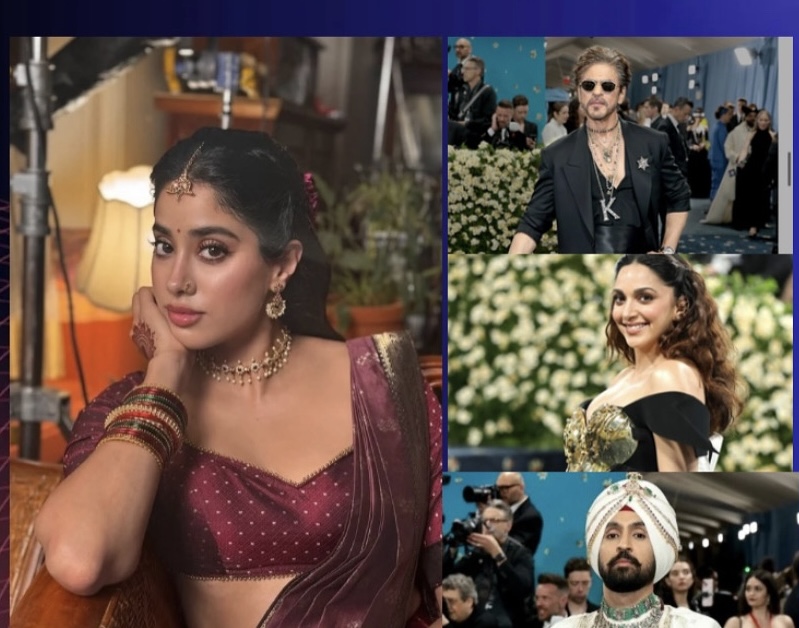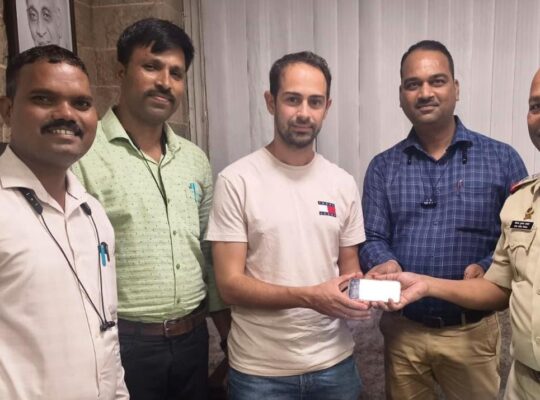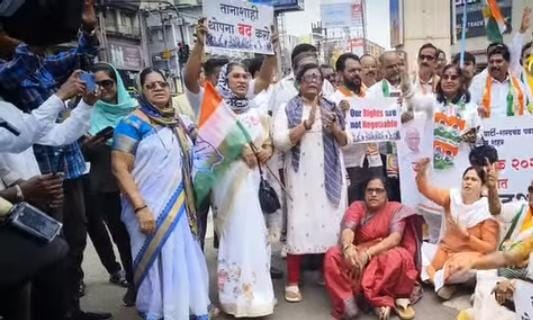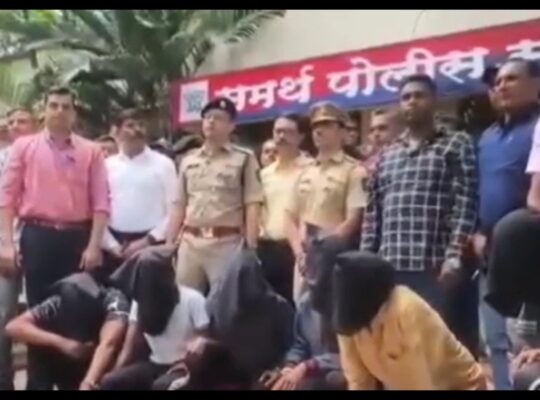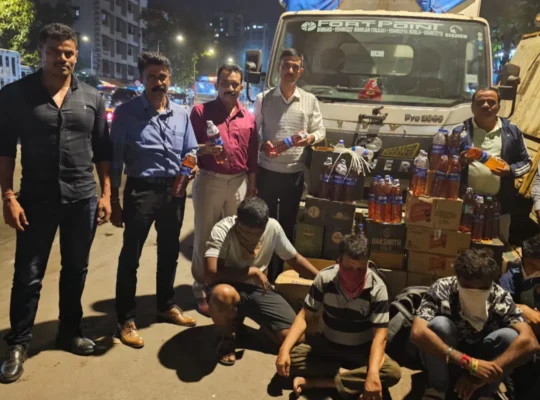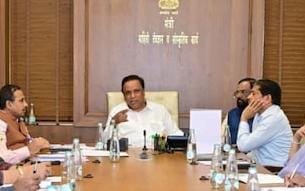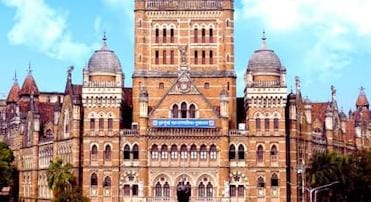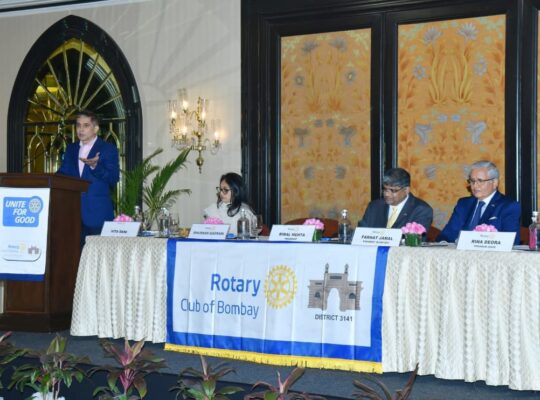The MET Gala 2025 saw a significant Indian presence, with stars like Shah Rukh Khan, Kiara Advani, Diljit Dosanjh, and Priyanka Chopra Jonas shining on the red carpet. However, not everyone was impressed. Some social media users mocked the appearance of Indian celebrities, using the phrase “Chandivalification of MET”—a derogatory term meant to belittle their style and imply that their presence reduced the event’s class or aspirational value.
The term, which surfaced on Instagram via popular fashion watchdog account Diet Sabya, draws from the name of a Bollywood film ‘Chandivali’, and was used to mock the perceived “Bollywoodisation” of a traditionally Western high-fashion event.
Actress Janhvi Kapoor, who also attended the MET Gala, didn’t stay silent. She fired back at the criticism, calling out the deeper, problematic mindset behind such comments. In a pointed message, she wrote:
“Amusing how we’re being almost classist towards ourselves, clearly colonial trauma hasn’t left us.”
Janhvi highlighted how some Indians still tend to judge their own culture harshly—an attitude rooted in colonial hangovers and internalised inferiority.
Celebrating Indian Designers and Artisans
In her post, Janhvi emphasized the importance of acknowledging and crediting Indian craftsmanship, which has long been overlooked or appropriated without recognition.
“For decades, the work of our artisans has been exported from our country and put on global platforms without credit. For decades, they have borrowed our fabrics, our embroidery, our textiles, our jewellery—and presented it as their own creation,” she wrote.
She stressed that events like the MET Gala offer a rare opportunity to spotlight India’s rich heritage and elevate its contribution to global fashion:
“I’m glad our people are finally getting the chance to represent so much of our work and heritage.”
“We Should Feel Proud, Not Insecure”
Janhvi called for a shift in mindset, urging people to celebrate Indian representation instead of tearing it down.
“Shouldn’t we be happy we’re finally getting our due instead of salty about how seeing our own people on this platform is making it seem a little less aspirational? Might I say our garments were amongst the most spectacular.”
Her message struck a chord online, with many applauding her for addressing an uncomfortable but important issue—how Indians sometimes dismiss their own identity when it starts gaining global attention.

